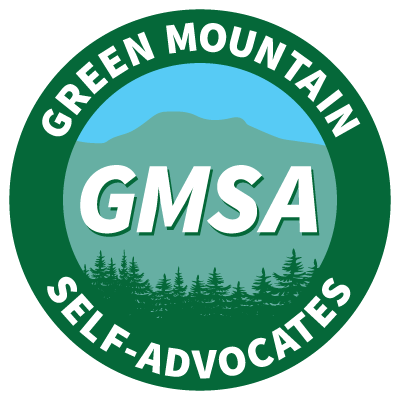Our Projects
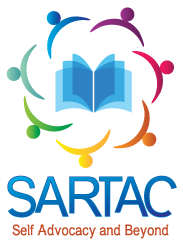
SARTAC is the national Self Advocacy Resource and Technical Assistance Center. GMSA set up and runs a website for SARTAC with hundreds of resources created by self-advocates and self-advocacy organizations.
The purpose of the Self-Advocacy Resource and Technical Assistance Center is for self-advocacy organizations, and the local groups within them, to use us as a tool to keep their groups going strong. The center is for people with disabilities, run by people with disabilities.
GMSA runs two zoom meetings a week for SARTAC. Self-advocates from 30+ states connect with each other. These peer to peer connections are the heart and soul of the self-advocacy movement. They are one of the best ways that SARTAC can create a sense of belonging between local self-advocates and our national movement. Peer to Peer connections helps us discover strengths of leadership within ourselves.
SARTAC is here to answer questions and help you find the information to strengthen your self-advocacy group. GMSA provides technical assistance on many self-advocacy topics. We answer your questions by email, phone, or zoom meetings.
The Self-Advocacy Project is a grant awarded by the Vermont Developmental Disabilities Council to strengthen self-advocacy in Vermont. We hire people with developmental disabilities to provide peer support, training, and technical assistance to over 20 local self-advocacy groups. The Council supports GMSA to realize its core mission "for people with developmental disabilities to educate peers to take control over their own lives, make decisions, solve problems, and speak for themselves."
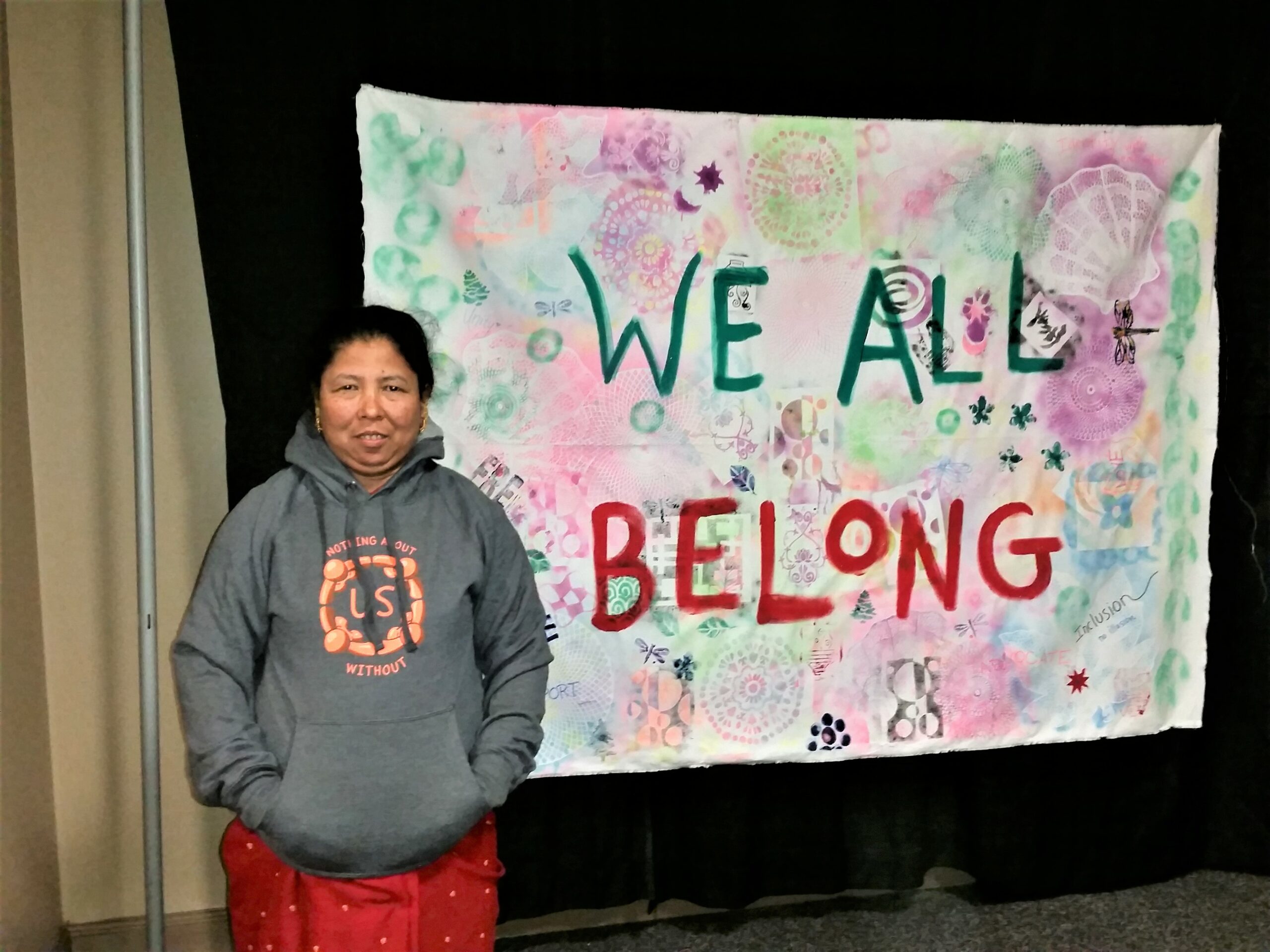
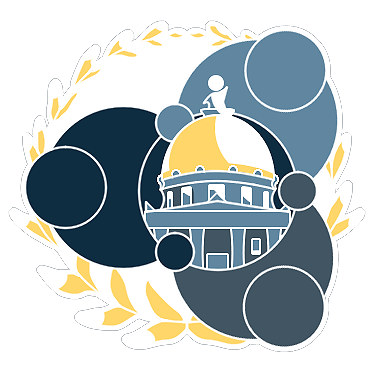
The Vermont Leadership Series has been carefully crafted by GMSA, the Vermont Developmental Disabilities Council, and the Vermont Family Network. It is an opportunity for self-advocates and family members to practice advocacy skills. Learn about the core values of the Disability Rights Movement: Equal Rights, Self-Determination, and Full Community Inclusion. Leadership allows people to be vulnerable and to share their experiences without stigma. Since the leadership series started in 2010, 140+ graduates have used their skills to improve the lives of Vermonters with disabilities and their family members.
The Vermont Leadership Series is an intensive three-part training on finding your voice and building relationships with policymakers. To apply contact GMSA at (802) 229-2600 or email: info@gmsavt.org.
Cultural and linguistic competence is a set of skills. These skills help a group work effectively with people from any background and who speak any language.

The National Center for Cultural Competence at Georgetown University selected 10 states to work on a 5-year project. Our team of 9 disability organizations applied and was chosen to coordinate a Vermont Community of Practice. We are passionate about understanding and responding to people with developmental disabilities from diverse backgrounds. We know we can do better, and this project provides that opportunity. GMSA receives funding from the Vermont Developmental Disabilities Council and the Center on Disability and Community Inclusion to participate in this project.
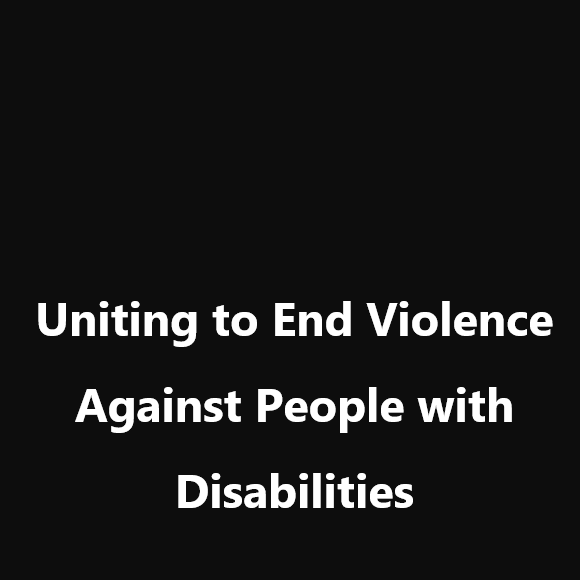
Uniting to End Violence Against People with Disabilities is a national coalition. Through the support of the NoVo Foundation, Vera’s Center on Victimization and Safety is leading the effort by bringing together a national coalition of self-advocates and allies already working at the intersection of anti-violence and disabilities. We strongly believe we must center the voices and experiences of those who have been left out. This means that we must support the leadership of survivors with disabilities and survivors of color with disabilities. In our work together, we address the ways many forms of oppression, including racism, sexism, and transphobia interact with ableism. to create an environment in which people with disabilities are routinely experiencing violence and abuse. In doing so, we believe that we will be best positioned to address all of the factors that contribute to violence against people with disabilities.
